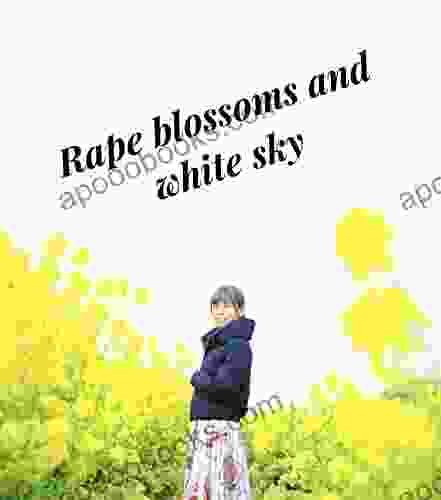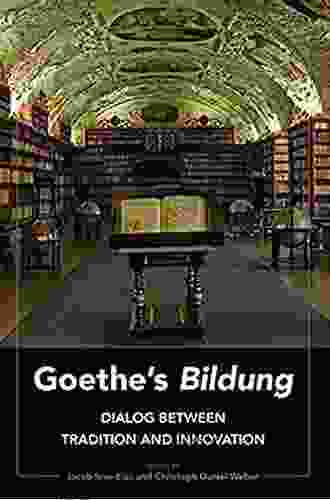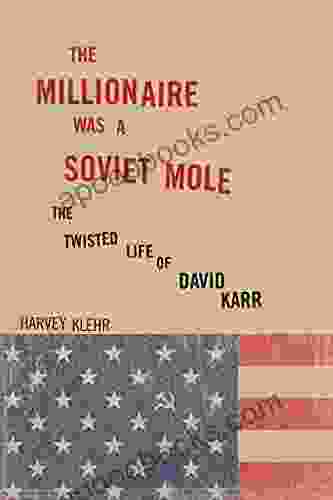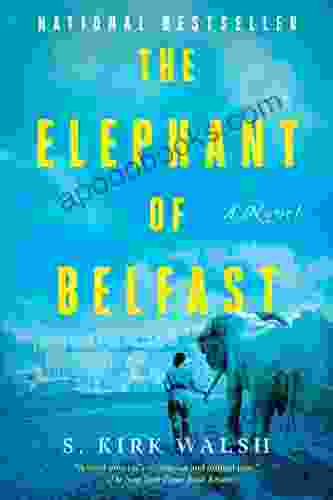Goethe's Bildung: A Dialogue Between Tradition and Innovation

Johann Wolfgang von Goethe, a towering figure in German literature, was not only a prolific writer but also a profound thinker on education and human development. His concept of Bildung, often translated as "formation" or "cultivation," stands as a testament to his belief in the transformative power of education and its central role in shaping individuals and society as a whole.
Bildung, as Goethe envisioned it, is a lifelong process that encompasses the cultivation of the whole person—intellectually, morally, aesthetically, and physically. It is not merely the acquisition of knowledge but a holistic development that aims to create harmonious and well-rounded individuals capable of navigating the complexities of life with wisdom, empathy, and creativity.
To fully grasp Goethe's concept of Bildung, it is essential to delve into the formative influences that shaped his own intellectual and artistic journey. Goethe was born in 1749 into an affluent family in Frankfurt, Germany. From an early age, he exhibited a prodigious talent for literature and a thirst for knowledge that would guide his path throughout his life.
5 out of 5
| Language | : | English |
| File size | : | 846 KB |
| Text-to-Speech | : | Enabled |
| Screen Reader | : | Supported |
| Enhanced typesetting | : | Enabled |
| Print length | : | 178 pages |
Goethe's early education was heavily influenced by the Enlightenment, which emphasized reason, individualism, and the pursuit of knowledge. He studied law at the University of Leipzig but soon abandoned his legal studies to pursue his passion for poetry and literature. During his time in Leipzig, Goethe immersed himself in the works of great thinkers such as Gotthold Ephraim Lessing and Johann Gottfried Herder, who would profoundly influence his views on Bildung.
In 1775, Goethe embarked on the Grand Tour, a rite of passage for young aristocrats and intellectuals of the time. The tour took him through France, Switzerland, and Italy, where he encountered a wealth of cultural and artistic treasures that deeply impacted his worldview.
Goethe's encounter with classical antiquity in Italy was particularly transformative. He was captivated by the beauty and grandeur of ancient Greek and Roman art and architecture, and he began to develop a profound appreciation for the enduring power of human creativity. The Italian Journey also sparked Goethe's interest in natural history and science, which would become integral aspects of his concept of Bildung.
Upon his return to Germany in 1788, Goethe settled in Weimar, where he served as a privy councilor to the Duke of Saxe-Weimar. Weimar became a center of intellectual and cultural activity, with Goethe playing a leading role in the development of Weimar Classicism, a literary and artistic movement that emphasized balance, harmony, and the pursuit of universal human values.
Goethe's humanism was deeply rooted in his belief in the inherent dignity and potential of every individual. He argued that Bildung should foster the development of all human faculties, allowing individuals to achieve their full potential and contribute meaningfully to society.
Goethe's concept of Bildung encompassed four key dimensions:
Intellectual development: Goethe believed that education should cultivate critical thinking, analytical skills, and a deep understanding of the world. He emphasized the importance of studying a wide range of subjects, including literature, history, philosophy, and science.
Moral development: For Goethe, Bildung involved the cultivation of ethical values such as honesty, compassion, and a sense of responsibility. He believed that education should foster moral reasoning and encourage individuals to make choices that are guided by a strong moral compass.
Aesthetic development: Goethe recognized the transformative power of art and beauty. He believed that education should cultivate an appreciation for the arts, including music, painting, and sculpture. Exposure to art, he argued, could refine the senses, elevate the soul, and inspire creativity.
Physical development: Goethe emphasized the importance of physical well-being as an essential aspect of Bildung. He believed that a healthy body and a sound mind were inextricably linked, and he encouraged individuals to engage in physical activities such as exercise, hiking, and gardening.
Goethe believed that true Bildung cannot be acquired solely through formal education. He emphasized the importance of experience, both through travel and through active engagement with the world. He encouraged individuals to seek out new challenges, encounter different cultures, and immerse themselves in diverse environments. By ng so, he believed, they would broaden their horizons, develop a deeper understanding of themselves and others, and cultivate a lifelong thirst for knowledge and growth.
Goethe's concept of Bildung remains highly relevant in the modern age. In a world where rapid technological advancements and globalization are reshaping our lives at an unprecedented pace, the need for lifelong learning and holistic development has become more critical than ever.
Bildung, as Goethe envisioned it, provides a framework for educating individuals who are adaptable, resilient, and capable of navigating the complexities of the 21st century. It fosters critical thinking, creativity, empathy, and a strong moral foundation—qualities that are essential for building a just and sustainable society.
Goethe's concept of Bildung is a profound and enduring legacy that continues to inspire educators and learners around the world. It is a vision of education that emphasizes the cultivation of the whole person, fostering intellectual, moral, aesthetic, and physical development. By embracing Goethe's ideals of Bildung, we can empower ourselves and future generations to navigate the challenges and seize the opportunities of the modern world with wisdom, compassion, and creativity.
5 out of 5
| Language | : | English |
| File size | : | 846 KB |
| Text-to-Speech | : | Enabled |
| Screen Reader | : | Supported |
| Enhanced typesetting | : | Enabled |
| Print length | : | 178 pages |
Do you want to contribute by writing guest posts on this blog?
Please contact us and send us a resume of previous articles that you have written.
 Book
Book Novel
Novel Page
Page Chapter
Chapter Text
Text Story
Story Genre
Genre Reader
Reader Library
Library Paperback
Paperback E-book
E-book Magazine
Magazine Newspaper
Newspaper Paragraph
Paragraph Sentence
Sentence Bookmark
Bookmark Shelf
Shelf Glossary
Glossary Bibliography
Bibliography Foreword
Foreword Preface
Preface Synopsis
Synopsis Annotation
Annotation Footnote
Footnote Manuscript
Manuscript Scroll
Scroll Codex
Codex Tome
Tome Bestseller
Bestseller Classics
Classics Library card
Library card Narrative
Narrative Biography
Biography Autobiography
Autobiography Memoir
Memoir Reference
Reference Encyclopedia
Encyclopedia Vanessa Harris
Vanessa Harris Yuedong Wang
Yuedong Wang Natasha Madison
Natasha Madison William Kinderman
William Kinderman Rupert Matthews
Rupert Matthews Sarah Ruhl
Sarah Ruhl Ugur Akinci
Ugur Akinci Robert E Gallamore
Robert E Gallamore Sarah Wooley
Sarah Wooley Philip Larkin
Philip Larkin Lauren Blakely
Lauren Blakely Lucille Brown
Lucille Brown Taka Reuen
Taka Reuen Tom Whistler
Tom Whistler John Law
John Law Ollie Bowen
Ollie Bowen Ellie Masters
Ellie Masters Scarlett Thomas
Scarlett Thomas Taylor Snow
Taylor Snow Treasures Of The Internet
Treasures Of The Internet
Light bulbAdvertise smarter! Our strategic ad space ensures maximum exposure. Reserve your spot today!

 Isaac MitchellDiscover the Enigmatic World of Nick Lowe: A Musical Journey through Love,...
Isaac MitchellDiscover the Enigmatic World of Nick Lowe: A Musical Journey through Love,... W.H. AudenFollow ·8.3k
W.H. AudenFollow ·8.3k Chance FosterFollow ·5.6k
Chance FosterFollow ·5.6k Reed MitchellFollow ·17.2k
Reed MitchellFollow ·17.2k Jerome BlairFollow ·6.7k
Jerome BlairFollow ·6.7k Ross NelsonFollow ·15.6k
Ross NelsonFollow ·15.6k Vincent MitchellFollow ·17.7k
Vincent MitchellFollow ·17.7k Raymond ParkerFollow ·8.2k
Raymond ParkerFollow ·8.2k Neal WardFollow ·19k
Neal WardFollow ·19k

 Harry Cook
Harry CookRape Blossoms and White Sky: A Floral Symphony of...
A Kaleidoscope of Colors...

 Vic Parker
Vic ParkerThe Passion of Jovita Fuentes: Unveiling the...
Immerse yourself in the...

 Cormac McCarthy
Cormac McCarthySinners and Saints: A Dark New Adult High School Bully...
Sinners and Saints is...
5 out of 5
| Language | : | English |
| File size | : | 846 KB |
| Text-to-Speech | : | Enabled |
| Screen Reader | : | Supported |
| Enhanced typesetting | : | Enabled |
| Print length | : | 178 pages |













